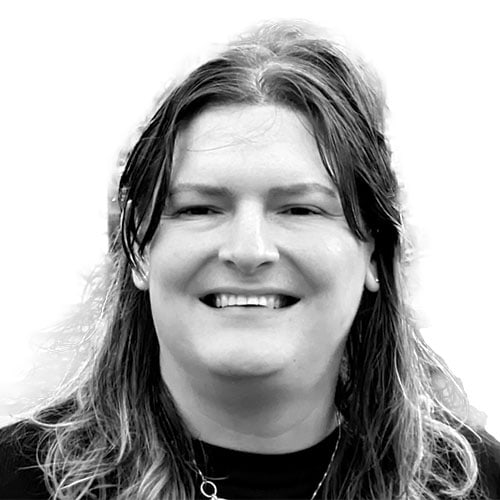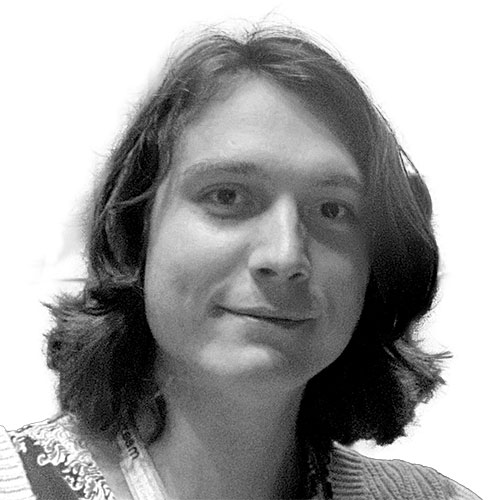The LGA’s Be a Councillor campaign is celebrating transgender councillors
Local government is all about communities – about ensuring that our local areas provide a pleasant and safe place where everyone can thrive, access the right services and amenities, take up the opportunities they want to seize, and play a full and active part in the community.
The International Transgender Day of Visibility, on 31 March, celebrates and honours the transgender and non-binary community, educating about what it is like to be transgender and non-binary, and encouraging allyship through speaking up and acting on the challenges faced by the community.
When we create a safe space for people to discuss issues, it can help everyone to feel more seen and encouraged to get involved in their communities.
This, in turn, can help motivate new pipelines of talented people to take on leadership positions and play an integral part in shaping the future of a local area, and ensure that decision-making includes a diverse range of perspectives that reflect our local communities.
The LGA’s Be a Councillor campaign believes that diversity contributes to effective leadership and it works to encourage more people from under-represented groups to come forward for election.
Everyone in local government has a part to play in helping promote the role of a councillor, and the campaign provides bespoke support and resources to help councils inspire and raise awareness locally with information and events.
‘Building consensus and connections’

Councillor Chris Northwood is Deputy Leader of the Liberal Democrat Group on Manchester City Council
I was nervous before committing to stand as a council candidate with a full campaign behind me, but, with support from my local party, I was encouraged to go from activist to candidate, and stand up for my area.
I’m naturally a conflict-averse person. This might look incompatible with being a local councillor in opposition, but I spend more time on building consensus and connections in my community than on the ‘rough and tumble’ of politics.
Standing as a trans woman brings an extra dimension to this, as my identity has become heavily politicised in the so-called ‘culture war’.
Fortunately, away from the echo chambers of the internet and certain corners of the media, people are more interested in who can get on top of fly-tipping, champion road safety and fight for more affordable housing.
Sadly, I have received hate and abuse that originated online, but support and allyship from council staff, my political group and campaign team have been steadfast and strong, including where the police were brought in to investigate an incident.
It’s important to not just be ‘the trans councillor’. Although I’m able to be a visible representative for the trans community, I bring my whole self to my duties as a councillor.
I balance my councillor duties with working part-time as a software developer for a national charity and have found that my skills in user-centric design transfer well to putting residents first, as well as to problem solving.
My professional knowledge also helps me to scrutinise high-budget IT and cybersecurity decisions effectively.
Democracy is strongest when elected representatives do actually represent the whole gamut of lived experience of our society.
I’m proud to be able to add to that and, with appropriate support, it is an option open to others too.
‘Adding to the effectiveness of local government’

Councillor Raphael Hill (Green) is Opposition Spokesperson for Culture and Tourism at Brighton & Hove City Council
I am a Green Party councillor in Brighton & Hove City Council, representing Round Hill Ward.
My reasons for getting involved with local politics and being a councillor have nothing to do with being transgender. Truthfully, I knew I wanted to be a councillor before realising I was transgender.
In a sense, the real question for me was whether I should continue to try to get elected despite the barriers that being transgender and transitioning in public office would bring.
I was elected in May 2023, which was the culmination of five years of working towards that goal.
I am confident that I was right to stick to my goal of getting elected, despite the additional difficulties that I knew being transgender would bring.
My identity does act as a barrier to my ability to carry out the role of a councillor in a safe manner as, sadly, being in a public position such as this does make you a target.
That for me is something I am willing to bear for the privilege of having this role, which I love.
I am, however, lucky to have many wonderfully supportive people around me in my personal life and within my local party, which helps a great deal.
I stood previously in the 2019 local elections, when I came 87 votes from winning. It helped that I was standing with five other Green Party candidates who were all aged under 30, three of whom were elected in May 2019.
Without them and their support, I would have found it much harder to imagine myself running for office at that time when I was starting out.
In a similar way, I hope I can support other people who want to stand for office, as their experiences can add to the effectiveness of local government.
To find out more about the campaign, please visit our website at www.local.gov.uk/be-councillor, and you can get in touch with the team via [email protected]